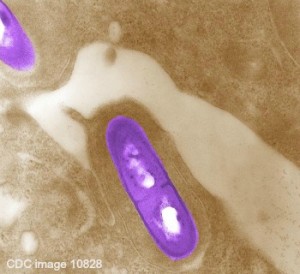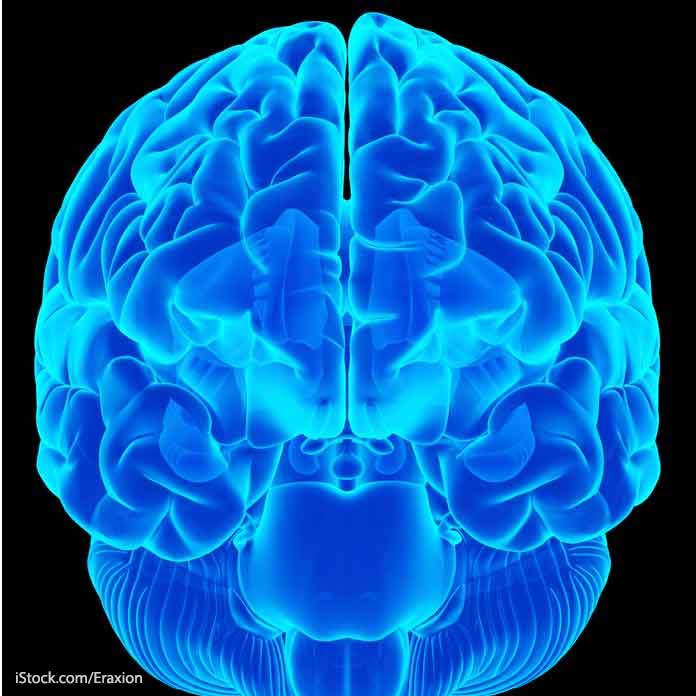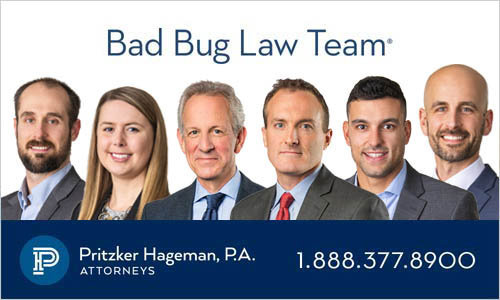Below are 15 things you need to know about a Listeria monocytogenes infection (listeriosis) from contaminated food.

- Listeriosis is a serious infection caused by eating food contaminated with the bacterium Listeria monocytogenes.
- This illness primarily affects older adults, pregnant women (Listeria and pregnancy), newborns, and adults with weakened immune systems. However, rarely, people without these risk factors can also be affected.
- Once ingested, the bacteria colonize in the gastrointestinal tract.
- This initial infection may produce symptoms including fever, muscle aches, nausea and diarrhea.
- In most cases, the bacteria spread beyond the gastrointestinal tract.
- If the infection spreads to your nervous system, you may experience headache, stiff neck, confusion, loss of balance and/or convulsions.
- Pregnant women with Listeriosis may experience only mild symptoms. However, their babies may be born with listeriosis and suffer horrible problems including bacterial meningitis or death.
- The time period from ingesting tainted food to the point at which you start to develop symptoms (the incubation period) is highly variable. It can be as short as 2-3 days or as long as 70 days.
- The appropriate test to identify the presence of this pathogen is a blood test. If your infection has spread to your nervous system, a spinal tap (lumbar puncture) will usually be required.
- If you ate a recalled food product within the past two months, be aware of any of the symptoms described above. If you have those symptoms, contact your doctor.
- If you have symptoms of a nervous system infection including a stiff neck, severe headache, sensitivity to light, or confusion, seek emergency care because you may have Listeria meningitis.
- If you have a blood test or spinal tap that’s positive, your doctor or hospital is required to report your infection to your state’s health department. Confirm this has been done.
- If you still have the contaminated food product, make sure you save it (but mark it so no one else eats it).
- Save any receipts, credit card slips or shopper card information that proves you purchased the contaminated food product.
- If you have been diagnosed, contact experienced Listeria lawyers as soon as possible.
More Information
- Meningitis
- Sepsis
- Listeria Lawsuit: 5 Reasons to Sue
- PFGE Evidence
- Whole Genome Sequencing
- Can I Sue a Grocery Store for Food Poisoning?

